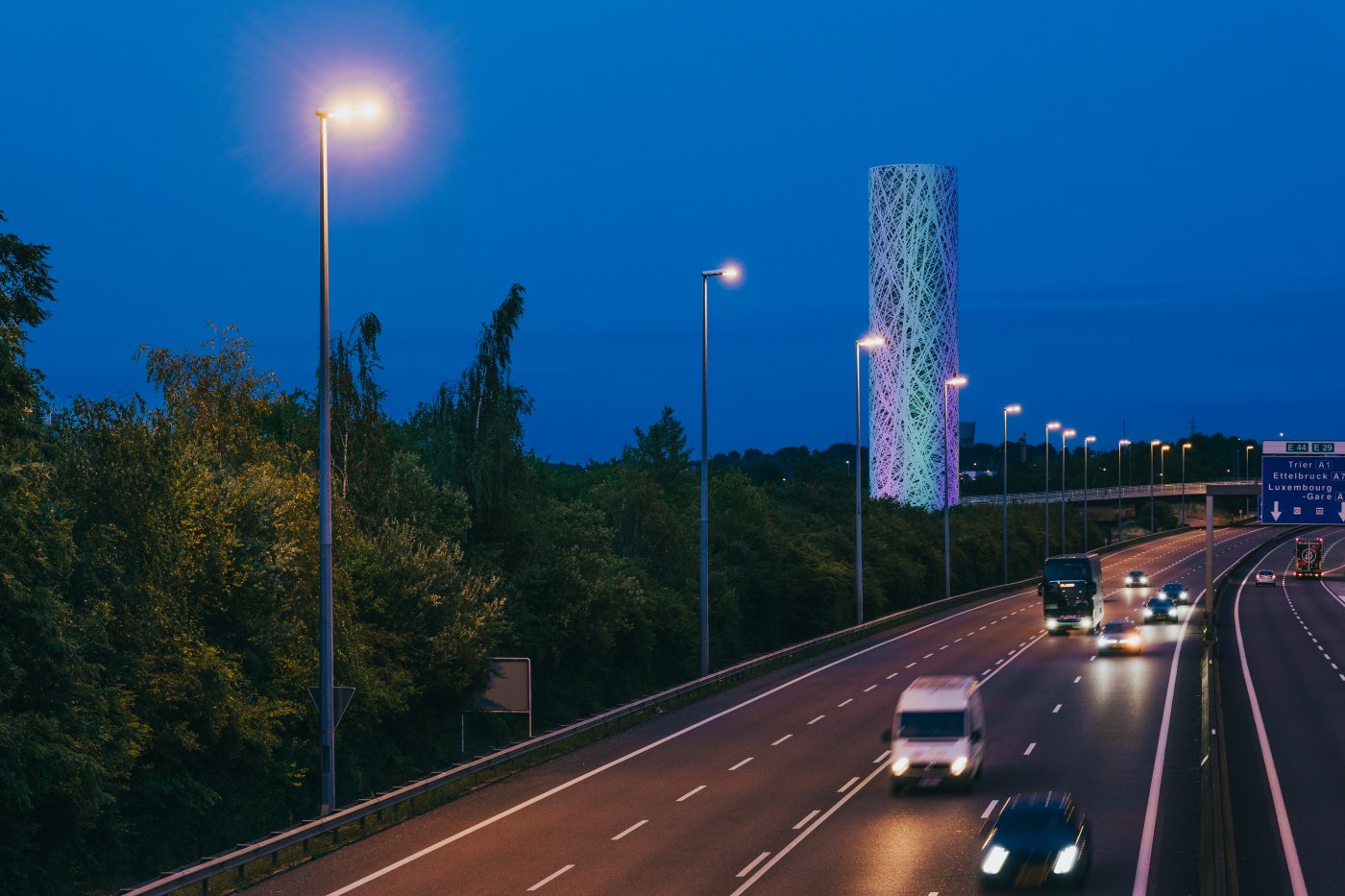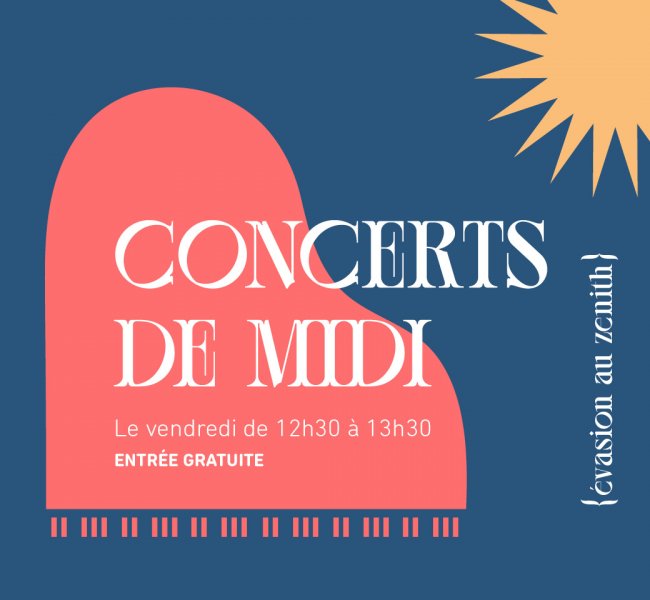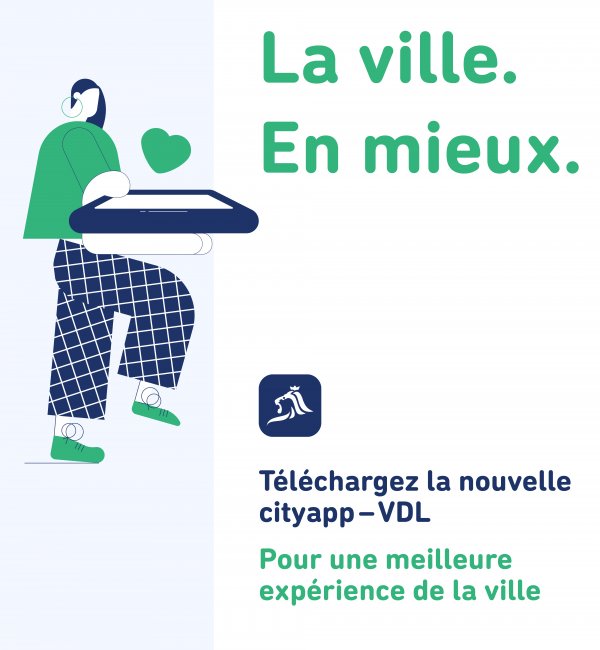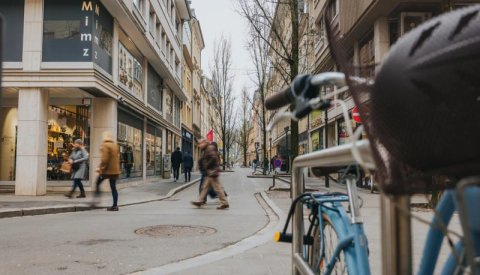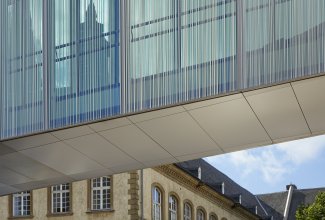The City is committed to guaranteeing equal opportunities in all areas of life. It recognises the different needs of men and women, and boys and girls, and takes them into account in its public services and the cultural, sporting and recreational activities it offers, to provide an excellent quality of life for all of its residents.
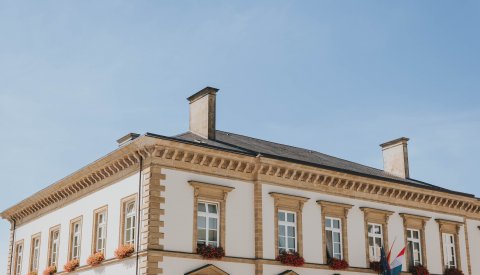
Gender equality action plan
The City recognises different gender-based needs and takes them into account in its public services and the cultural, sporting and recreational activities it of…
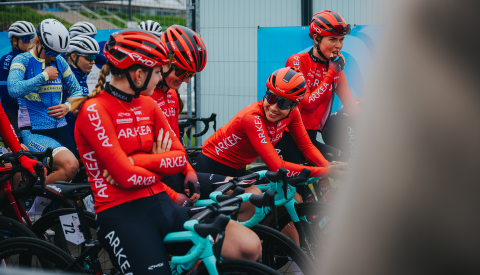
Gender equality in sport
The City of Luxembourg works actively to promote gender equality in sport. For example, it raises the profile of high-level female athletes, and works to raise …
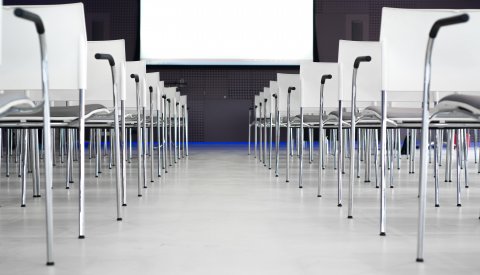
Partnerships that promote an inclusive and egalitarian city
The City of Luxembourg works with local businesses and organisations to promote a more egalitarian and inclusive city, not least in the workplace.
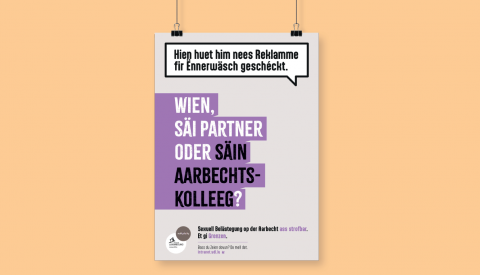
Preventing and dealing with sexual harassment
City of Luxembourg awareness campaign for all employees on preventing and dealing with sexual harassment.
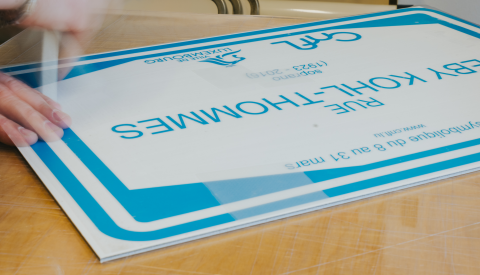
"Affichons l'égalité" gender equality initiative
The City of Luxembourg pays tribute to a number of women from diverse backgrounds who have a special relationship with Luxembourg City. Eight streets are named …
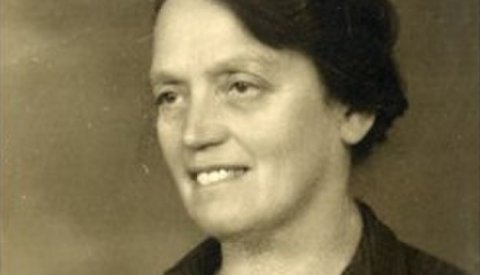
Anne Beffort Prize
Every year since 2003, the City awards the Anne Beffort Prize, named after Luxembourg's first female professor and co-founder of the Lycée de jeunes filles in L…

LGBTIQ+ and Rainbow Cities Network
The City of Luxembourg municipal authorities believe the EU's fight against inequality is a matter of collective responsibility, and requires collective efforts…
